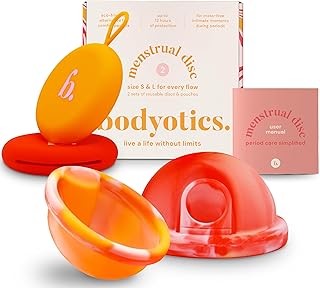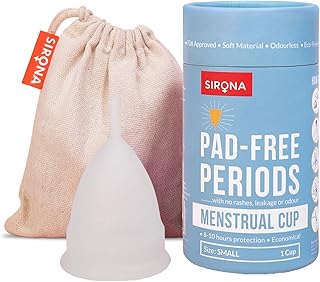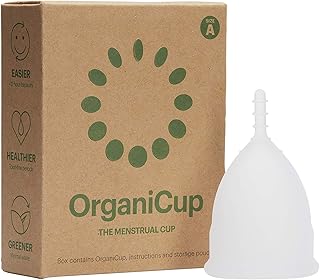A recent study conducted in Zimbabwe has shed light on the high uptake of menstrual health services among young women as part of an integrated sexual and reproductive health intervention. The study, nested within a cluster-randomized trial, aimed to address the unmet need for menstrual health support and products in the country.
The study collected data from over 27,000 female clients aged 16-24 who accessed the integrated sexual and reproductive health services from April 2019 to March 2022. The findings revealed that almost all female clients took up the menstrual health service, including information, products, and analgesics. The majority of clients chose reusable pads over menstrual cups, with age and geographical location influencing product choice.
Qualitative data highlighted the positive impact of the youth-friendly and non-judgmental service delivery on client engagement with menstrual health services. Clients appreciated the free services and the supportive environment that allowed them to discuss menstruation and sexual health openly. The provision of analgesics was also well-received, with many clients relying on them to manage menstrual pain.
The study also revealed challenges such as stock-outs of menstrual health products, which affected service delivery. However, overall, the integration of menstrual health within the broader sexual and reproductive health services encouraged young women to access other important services like HIV testing and family planning.
The study emphasizes the importance of comprehensive menstrual health interventions in community-based settings to address the diverse needs of young women. By providing a range of services, including education, products, and pain management, the study aims to improve menstrual health outcomes and empower young women to make informed choices about their reproductive health.
The findings of this study contribute valuable insights to the field of menstrual health and highlight the significance of integrating menstrual health within sexual and reproductive health services to promote overall well-being among young women.
📰 Related Articles
- Study Reveals Menstrual Health Challenges for Female Athletes in Bangladesh
- Study Reveals Disparities in Menstrual Health Access Across India
- Apple Women’s Health Study Reveals Menstrual Product Preferences
- Study Reveals Risks of Music Compression on Hearing Health
- Study Reveals Menstrual Poverty Disparities in Zambian Schools






